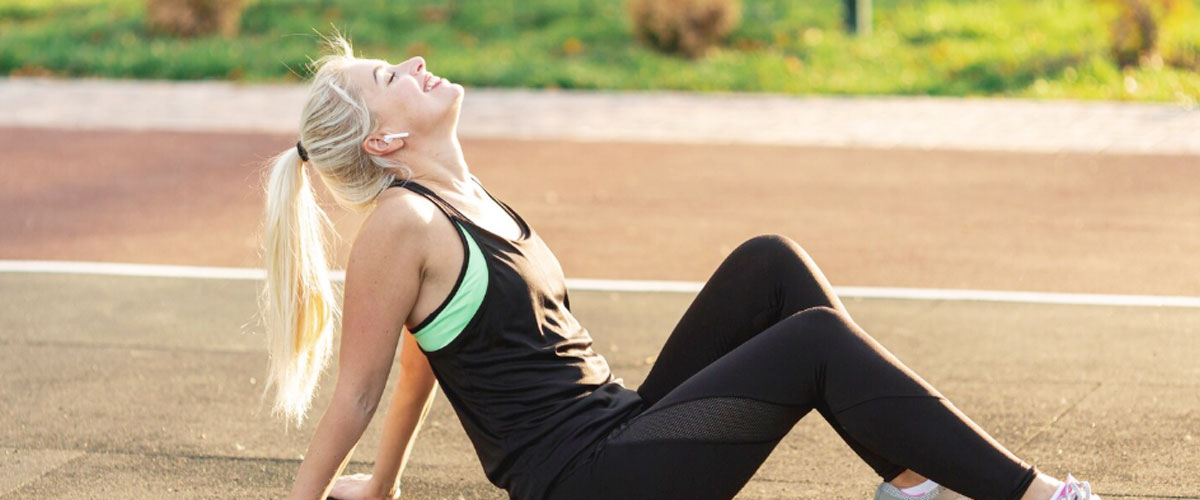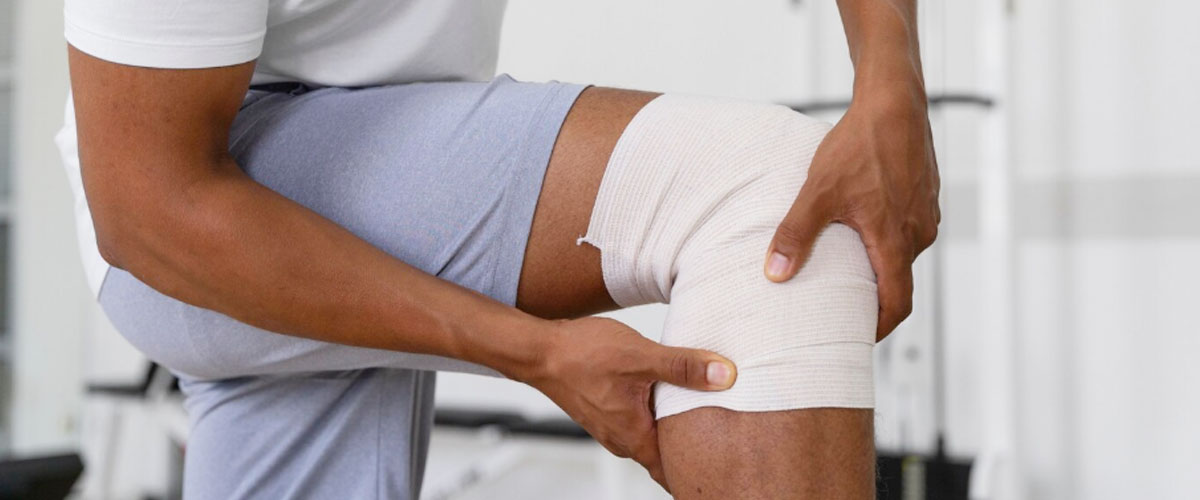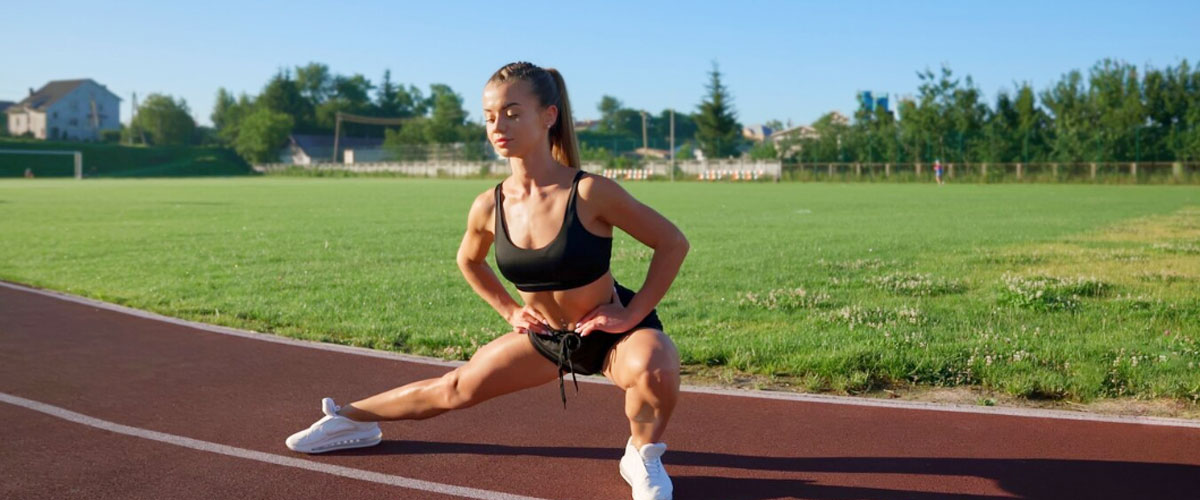- You have no items in your shopping cart
- Continue Shopping

As the leaves turn in 2025’s Canadian fall, athletes from Vancouver’s rainy trails to Calgary’s snowy slopes are lacing up for another season of pushing limits. But with intense training comes the toll: inflammation, soreness, and mental fatigue that can sideline even the toughest competitors. Enter CBD in Canada—a non-psychoactive powerhouse from hemp that’s revolutionizing sports recovery and performance. Legal since 2018 under the Cannabis Act, CBD products are now more accessible than ever, thanks to Health Canada’s 2025 proposals for natural health product (NHP) classification, allowing over-the-counter sales with strict THC limits under 0.3%. For Canadian athletes navigating WADA rules—where CBD is permitted but THC remains banned—this means a safe edge without doping risks. From NHL players to weekend warriors, CBD is helping optimize training, speed recovery, and sharpen focus. This article breaks down the key benefits of CBD for athletes, backed by 2025 science, real Canadian examples, practical tips, and regulatory guidance to keep you compliant and competitive.
The Science Behind CBD and Athletic Performance
CBD, or cannabidiol, interacts with the body’s endocannabinoid system to regulate inflammation, pain, and stress—crucial for athletes enduring repetitive strain. Unlike THC, it doesn’t cause euphoria or impairment, making it ideal for in-competition use under WADA’s 2025 Prohibited List, which exempts CBD while banning other cannabinoids. In Canada, where sports like hockey and skiing demand resilience against cold-induced injuries, CBD’s anti-inflammatory properties shine. A 2025 study in the Journal of Cannabis Research found CBD reduced post-exercise inflammation by modulating cytokines, potentially cutting recovery time by 20-30%.
Emerging research also highlights CBD’s role in enhancing endurance and focus. Oral CBD improved exercise-induced pleasure and reduced perceived exertion in a Psychology Today-cited trial, suggesting it could boost motivation during long sessions. For Canadian triathletes or marathoners facing variable weather, this translates to sustained performance without the crash of traditional stimulants. TrainingPeaks notes CBD’s promise in anti-inflammatory effects, aiding everything from muscle repair to joint health. As legalization evolves, Canadian Centre for Ethics in Sport (CCES) emphasizes education on CBD’s non-prohibited status, ensuring athletes stay clean.
Key Benefits of CBD for Athletes
CBD’s versatility makes it a go-to for Canadian sports enthusiasts, from elite pros to recreational hikers. Backed by 2025 evidence, here are the standout benefits:
- Faster Recovery and Reduced Inflammation: Post-workout soreness is the enemy of progress, but CBD’s ability to inhibit inflammatory markers like NF-κB helps athletes bounce back quicker. A cbdMD review of pro athletes found CBD cut opioid reliance for pain, with users reporting 40% less downtime. In Canada, where winter training amplifies joint stress, this is gold for skiers and runners.
- Pain Management Without Impairment: Chronic pain from repetitive impacts—like in hockey or soccer—doesn’t have to slow you down. CTS research shows CBD acts as a natural analgesic, targeting pain receptors without sedation, ideal for maintaining edge during games. A 2025 Evopure analysis of 16 elite athletes, including Canadians, praised CBD for enabling consistent training.
- Improved Sleep for Optimal Recovery: Quality Z’s are non-negotiable for muscle repair, yet travel and stress disrupt them. CBD enhances sleep architecture, reducing awakenings and boosting deep sleep stages, per a Scientific Triathlon podcast with expert Christian Cheung. For cross-country competitors, this means sharper mornings.
- Anxiety and Focus Enhancement: Pre-competition nerves can tank performance; CBD’s anxiolytic effects via serotonin modulation promote calm focus. Psychology Today linked it to heightened exercise pleasure, potentially improving endurance by 15%. Canadian endurance athletes in a 2025 ResearchGate study used CBD for better mental resilience during races.
- Muscle Relaxation: For power sports, CBD eases spasms and improves flexibility. Marijuana Moment’s NCAA review noted enhanced tissue oxygenation and spasm relief, aiding explosive movements in track or football.
These perks align with Canada’s wellness ethos, where athletes like those in the CFL or Olympic training camps are experimenting—cautiously—to stay ahead. For more on CBD science, visit Healthline.
Canadian Athletes Embracing CBD
From coast to coast, CBD is making waves. BioSteel’s 2019 CBD-infused hydration drink, popular among pros, evolved into 2025 staples for recovery. Elite Canadian triathlete Christian Cheung, in a 2022 podcast updated for 2025, advocates CBD for inflammation and anti-doping compliance. A ResearchGate conference paper detailed how top Canadian athletes used CBD for sleep and pain in 2025, with 80% reporting enhanced recovery.
NHL stars and CFL players echo this; Evopure’s list includes Canadian hockey pros crediting CBD for joint health amid grueling schedules. Even amateur leagues in Alberta and Quebec see uptake, per SIRC’s cannabis-in-sport report, emphasizing education to avoid THC pitfalls. Read athlete stories at CBC News.
Navigating Regulations: WADA and Canadian Rules
WADA’s 2025 List keeps CBD green-lit, but THC thresholds (150ng/mL urine) demand vigilance—contaminated products could flag positives. CCES advises athletes to source from licensed Canadian producers, aligning with Health Canada’s NHP push for purity.
In Canada, Sport Canada enforces WADA, but recreational CBD use is fine off-competition. Cycling Canada’s guidelines stress THC-free isolates for safety. For 2025 events like the Olympics, pre-testing products is key. Check WADA rules at WADA.
Practical Tips for Canadian Athletes
Dose low: 10-25mg pre-training for focus, 50mg post for recovery. Tinctures absorb fast; gummies suit travel. Pair with hydration—CBDMagic’s oils are WADA-friendly.
Track via apps; consult trainers. Start THC-free to comply. For dosing advice, see CCES guidelines.
Potential Drawbacks and Precautions
Mild GI upset possible; hydrate well. No performance enhancement per WADA, but overuse risks fatigue. Consult docs for meds.
Conclusion
CBD in sports is elevating Canadian athletic performance in 2025, from inflammation tame to focus fuel. With WADA’s nod and Health Canada’s reforms, it’s a compliant boost. Embrace wisely—train smarter, recover stronger. Explore zero THC CBD products at CBD2HEAL.







